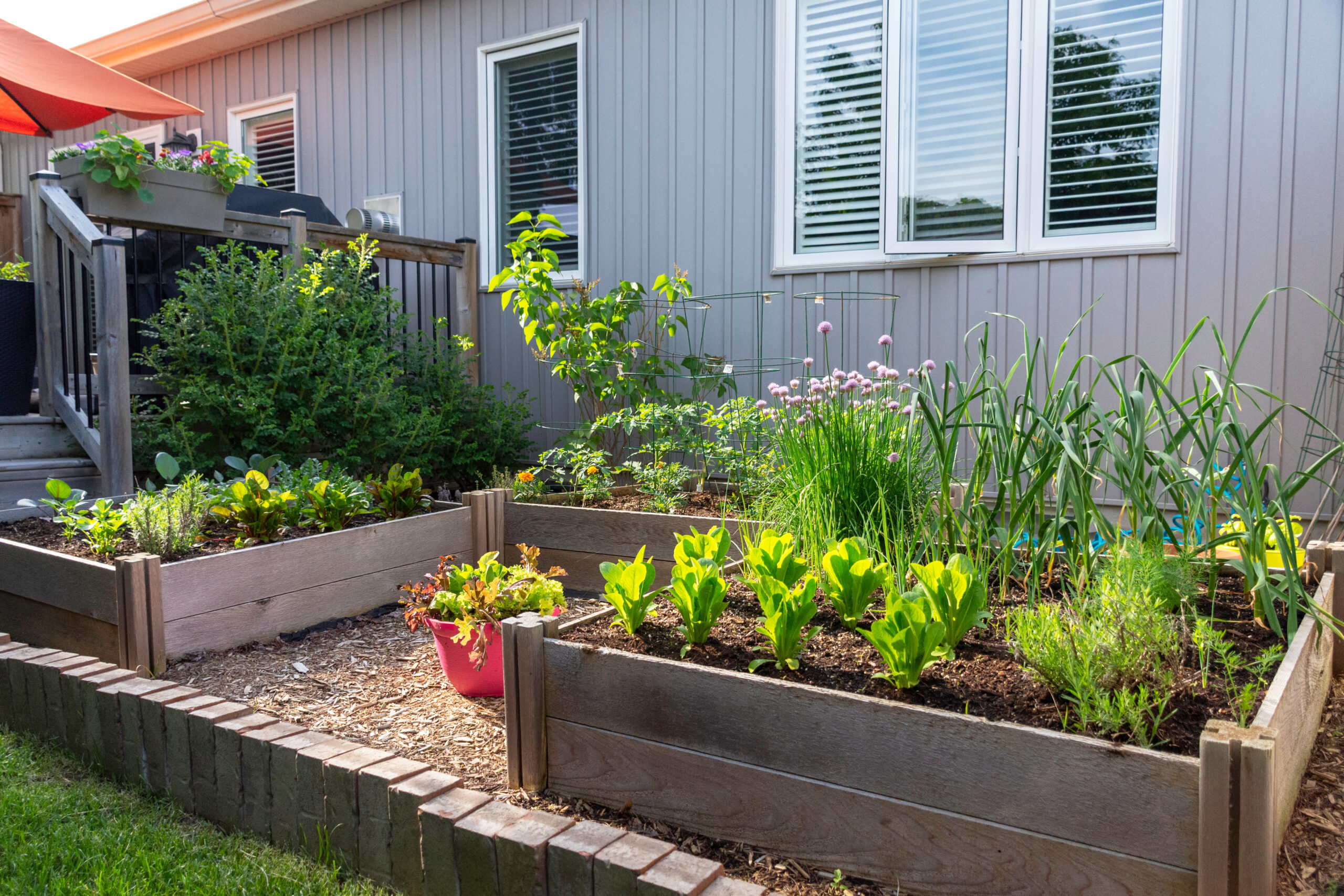Whether you’re buying, selling, or refinancing a property for the first time or fifth, you’re going to be balancing lots of information, paperwork, communications, and transactions. It can be easy to get overwhelmed, and unfortunately, there are individuals out there who may try to take advantage of you during real estate transactions. Below are five common real estate scams you should be aware of in order to avoid being swindled.
Wire Fraud
Arguably the most common real estate scam is wire fraud, particularly in relation to escrow. These scams generally take the form of some kind of communication, be it by phone or email (these days, it’s most commonly email), from an individual claiming to be a representative of your escrow or title company. They will give you instructions for how and where to wire the money. Wire scammers are becoming increasingly sophisticated in their tactics; they often use fake websites and email addresses meant to mirror that of the company you are working with to make them seem legitimate. It is essential that you do not open any links you aren’t sure about and that you check with your Loan Officer to confirm any instructions you’ve received are accurate. Refer to contact information you previously received from your lender, title company, and closing agent rather than trusting what was included in the phone call or email.
Foreclosure Relief
Foreclosures are public record, and deceitful individuals may specifically target people who are in danger of losing their homes. These scammers will generally offer to stop the foreclosure process or greatly reduce mortgage payments in exchange for a large upfront payment. Once the money is received, they disappear, leaving the person who paid them in an even worse state than before; now, not only are they still facing foreclosure, but they’re out even more money. If you are facing foreclosure, you should contact your loan servicer to discuss your options. Make sure the people you seek guidance from are professionals you know you can trust; do not take the word of someone who cold calls or emails you out of the blue claiming to want to help.
Loan Flipping
Loan flipping occurs when someone (often purporting to be a lender) convinces a borrower to repeatedly refinance their mortgage, tacking on exuberant points and fees to each transaction—which usually involve borrowing even more money than the last—to the point where the borrower’s equity is greatly limited and they’re unable to keep up with loan payments. You should only refinance your home when you have done your research on the pros and cons and, with the help of a trusted mortgage professional, concluded that it is in your best interest to do so. A good lender or Loan Officer will not pressure you to do anything you are unsure about. If the person you are working with is being particularly pushy in trying to persuade you to refinance (especially if they have already done so in the past), it may be time to consider seeking another opinion.
Predatory Lending
Predatory lending can take numerous forms, but some key things to look out for are exceptionally high rates, excessive (and often hidden) fees and penalties, loan flipping, a lack of a credit check, loan packing (tacking on unnecessary additional financial products to your loan), and balloon payments (payments and fees that are delayed until later in the life of your loan).
These lenders often target at-risk borrowers such as those with low credit scores, a lack of cash, low income, and the elderly. It can sometimes be hard to tell what is and isn’t normal coming from a lender, especially when you are a first time buyer. A good way to ensure you are working with a trusted, legitimate lender is to seek out recommendations from friends and family who have been through the mortgage process before and look at online reviews. Check your lender and loan officer’s credentials to confirm they are properly licensed.
Moving Company Scams
When it’s time to move, you may seek the help of professional movers. Be wary of companies that quote prices far lower than competitors, especially if they offer a non-written estimate without seeing your home and belongings. Predatory movers may suddenly charge much more than what you were initially quoted and even demand additional money before releasing your personal property. Much like with lenders, you should do your due diligence in evaluating the merit of moving companies before hiring them in order to avoid losing your money and even your possessions.
What to Do About Scams?
If you believe you have identified or fallen victim to a scam, you can and should report it in order to hold the fraudsters accountable and hopefully prevent others from being scammed. The FTC has an online fraud report tool and the Better Business Bureau offers their “Scam Tracker” where you can not only report scams but also do research to ensure the individual or company you are working with is not fraudulent.
A great way to minimize your risk of being scammed is to work with legitimate professionals right from the outset of the mortgage process. If you are considering buying, selling, or refinancing your home, contact one of our experienced and trustworthy Loan Officers today!


